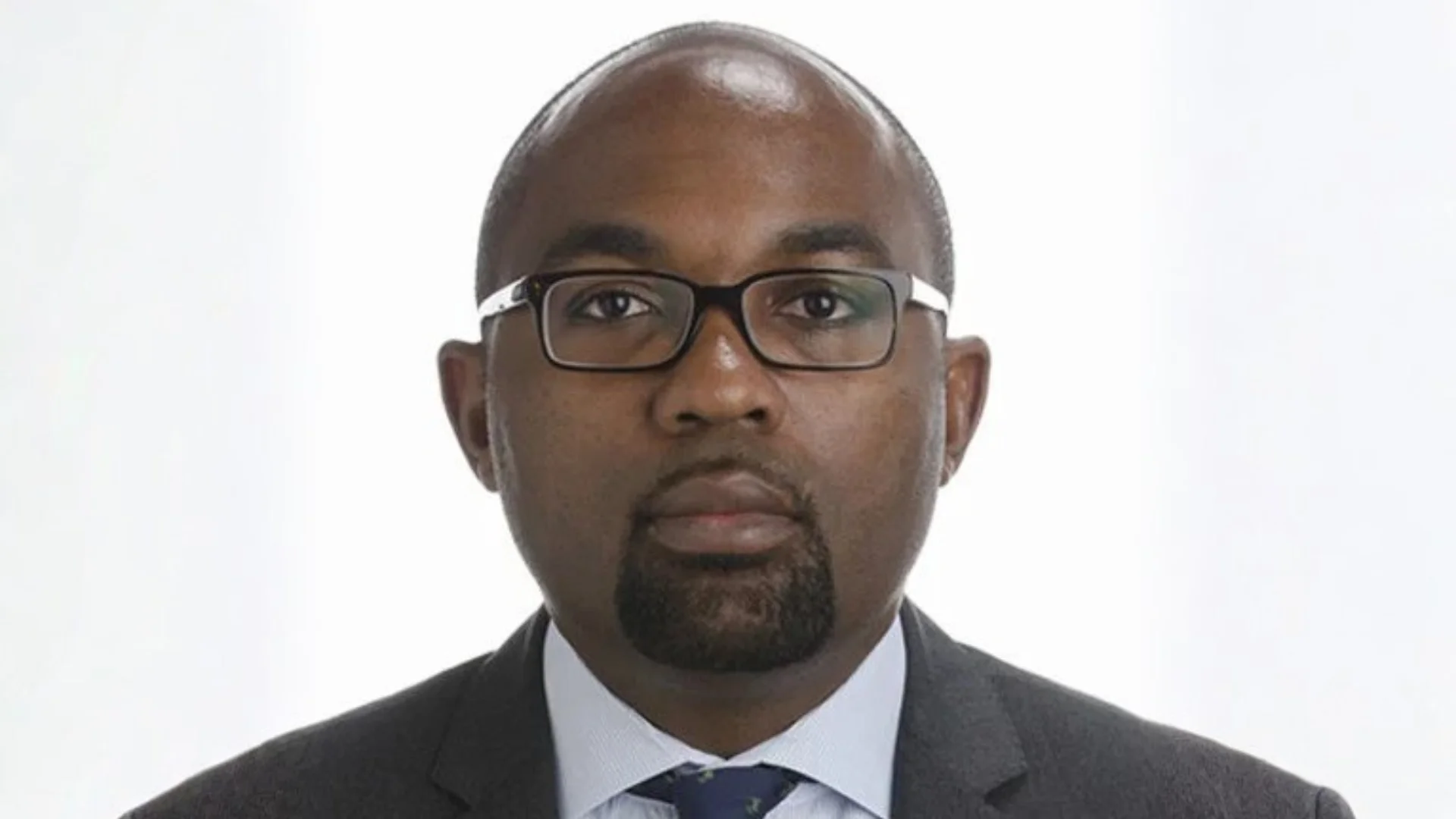From September 29 to October 10, 2025, an International Monetary Fund (IMF) mission led by Albert Touna Mama visited Rwanda to review the country’s progress under the sixth and final review of the Policy Coordination Instrument (PCI) and to conduct discussions for the 2025 Article IV consultation. The IMF Executive Board is expected to consider these findings in December 2025.
At the end of the mission, Mr. Touna Mama stated:
“Despite facing consecutive shocks, Rwanda's economy continues to demonstrate strength and resilience. Using the rebased GDP series, the economy grew by 7.2 percent both in 2024 and the first half of 2025, supported by robust performance of services, construction, and coffee exports. Inflation remained within the National Bank of Rwanda's (NBR) target range of 5±3 percent. The current account deficit widened in the first half of 2025 due to higher imports of consumer and capital goods, offsetting stronger coffee and minerals exports. The Rwandan franc depreciated by around 3 percent against the US dollar through end-June 2025, and international reserves covered 4.8 months of imports, providing a buffer against external shocks.
“Notwithstanding a challenging environment, macroeconomic policy performance through end-June 2025 remained in line with program objectives under the PCI. All quantitative targets were met, and the NBR has conducted supplementary, competitive auctions to facilitate price discovery. Draft amendment to strengthen the NBR Law is expected to be submitted to Cabinet in time for the completion of the sixth PCI review. The completion of this final review will mark the successful conclusion of a three-year program that has helped anchor macroeconomic stability, strengthen policy credibility, and advance key structural reforms.
“With growth set to remain strong, inflation within target range, and external balances supported by investment-related inflows, the economic outlook remains positive with risks tilted to the downside. Global commodity price volatility, weakening external demand, and tighter global financing conditions would weigh on the outlook. Upside risks include an improved external environment, supportive trade and investment flows, and faster external adjustment.
“Recurrent shocks in recent years and the financing needs of priority projects have challenged the authorities’ efforts to durably rebuild policy buffers. The full implementation of the recently adopted tax package will help to place the tax-to-GDP ratio on an upward trajectory and reinforce debt sustainability. Despite this crucial reform to boost domestic revenue, borrowing related to the construction of the New Kigali International Airport will push public debt towards 80 percent of GDP by 2027 and increase debt service obligations. To mitigate debt vulnerabilities and rebuild policy space to respond to shocks, the authorities will need to ensure continued fiscal consolidation anchored in domestic revenue mobilization, containing fiscal spending through careful expenditure rationalization and project prioritization, and continuing to strengthen their capacity to mitigate fiscal risks from state-owned enterprises.
“Monetary policy should continue to be proactive, data-driven and forward-looking with clear communication to anchor inflation within the target range. Exchange rate flexibility should continue to play a critical role in helping address imbalances and facilitate the development of a competitive export sector.
“Structural reforms should continue to aim at unlocking inclusive and durable growth. Despite remarkable progress, development and climate-related needs remain pressing. Priorities include building resilience to climate shocks and raising export competitiveness through lower barriers to entry and stronger regional integration. Continued efforts to advance climate projects will help attract further climate financing and strengthen Rwanda’s resilience.
“The mission is grateful for the authorities’ excellent cooperation as well as candid discussions. As Rwanda approaches successful conclusion of PCI , IMF remains committed supporting Rwanda continuing build on its strong policy foundations advancing ongoing reform development agenda.”
The Policy Coordination Instrument (PCI) provides countries with support for implementing policies without financial assistance from IMF; more information can be found at https://www.imf.org/en/About/Factsheets/Sheets/2017/07/27/sm073117-the-policy-coordination-instrument-pci-. Additionally details about IMF’s engagement with Rwanda are available at https://www.imf.org/en/Countries/RWA.

